As 2026 approaches, Nigeria enters a period of heightened expectation shaped by several years of economic adjustment, policy reform and social strain. Public attention is increasingly fixed on outcomes rather than intentions, with citizens measuring progress through everyday indicators such as prices, security and access to basic services. Chiemelie Ezeobi reports
By the time 2026 arrives, Nigerians will be done with explanations. The language of reform, sacrifice and long term gains will sound thin against the daily realities of food prices, transport costs and shrinking household incomes. If 2025 was a year of adjustment and endurance, 2026 is expected to be the year of proof that the pain was not in vain, and that governance can translate policy into tangible improvement in people’s lives.
Across the country, expectations are sharpening. From Abuja to the markets of Ibadan and the farms of Benue, the question is no longer what the government intends to do, but what has changed.
The economy waiting for the turn
At the centre of these expectations sits the economy. The reforms of the past few years fuel subsidy removal, exchange rate unification and tax restructuring were sold as necessary shocks to stabilise a broken system. By 2026, Nigerians will expect those shocks to have produced some relief.
Inflation, particularly food inflation, will be the most unforgiving measure. Families do not debate macroeconomic indicators at the dinner table. They measure progress by how much rice, garri or bread they can afford. A slowing of price increases, even if modest, would be interpreted as a sign that the economy is finally turning a corner.
Employment will matter just as much. Beyond headline job creation figures, people will look for evidence of decent work in construction, agriculture, manufacturing and the digital economy. Small and medium sized businesses, battered by energy costs and weak consumer spending, will expect easier access to credit and a more predictable operating environment.
By 2026, patience with reform without relief will be wearing thin.
Power energy and the question of light
Few issues symbolise Nigeria’s governance challenges as clearly as electricity. With recent reforms allowing states greater involvement in power generation and distribution, 2026 is expected to be a test year.
The promise is simple. Decentralisation should mean more power, not more policy statements. Nigerians will watch closely to see whether states with initiative and resources can deliver additional megawatts and more reliable supply. Even incremental improvements longer hours of light and reduced dependence on generators would be noticed immediately.
Failure, however, would deepen scepticism about whether structural reforms alone can overcome entrenched inefficiencies.
Security fewer speeches clearer results
Security expectations in 2026 will be intensely practical. Safer roads. Fewer mass abductions. Reduced attacks on farming communities. These are the benchmarks ordinary citizens will use.
There is growing awareness that insecurity is not uniform across the country, and progress will increasingly be judged locally. Communities will ask whether collaboration between federal forces, state backed initiatives and intelligence services is producing results on the ground.
By 2026, announcements of operations will matter less than outcomes. A sense of normalcy farmers returning to fields and traders travelling without fear will be the real indicator of success.
Politics without the ballot
Although there will be no general elections in 2026, politics will be quietly intense. It is a year of positioning. Governors will be thinking about legacies and successors. Political blocs will begin aligning for 2027, even if publicly denied. Policy decisions will increasingly be viewed through a political lens, especially as parties test narratives and assess public mood.
For the presidency, 2026 represents a critical midpoint. It is far enough from the last election for excuses to wear thin, and close enough to the next for performance to shape political survival. Every major policy outcome will feed into the emerging judgment of the administration.
Youth migration and the future question
Perhaps the most decisive expectations for 2026 will come from young Nigerians. For many, the idea of opportunity at home remains fragile. The desire to migrate, often described as japa, has not been driven by adventure alone, but by frustration.
In 2026, young people will expect more than speeches about innovation and entrepreneurship. They will look for visible investments in skills training, technology hubs, creative industries and digital infrastructure. Access to affordable data, funding for start ups and clear pathways from education to employment will be key signals of seriousness.
If young Nigerians begin to see a future that feels possible at home, it would mark a quiet but profound shift.
Africa’s broader mood firmer footing
Beyond Nigeria, 2026 is expected to reflect a more assertive African posture. Governments across the continent are increasingly vocal about debt terms, trade imbalances and climate financing that rarely reaches the communities it is meant to serve.
There will likely be deeper regional cooperation on security, particularly in response to instability in parts of the Sahel and the Horn of Africa. At the same time, African states will continue pushing for a stronger voice in global institutions, arguing that representation must match demographic and economic realities. The expectation is not dominance, but dignity, a seat at the table that carries weight.
A tense global environment
Globally, 2026 is unlikely to be calm. Economic growth is expected to remain uneven, with tighter financial conditions affecting developing economies most sharply. Borrowing will remain expensive, forcing governments to make difficult choices.
Geopolitical tensions will continue to reshape alliances, with middle powers playing increasingly important roles. Technology, particularly artificial intelligence, will move from abstract debate to everyday regulation, affecting schools, workplaces and media ecosystems.
Climate pressures will intensify. Extreme weather events are expected to force governments from long term pledges to immediate preparedness, testing state capacity across continents.
A year that must answer questions
In many ways, 2026 is not expected to be spectacular. What people want is something more modest and more powerful. Stability. Gradual improvement. Signs that the system, however imperfect, is beginning to respond to their needs.
After years of economic shocks, political tension and global uncertainty, expectations have narrowed and hardened. Nigerians, like many around the world, want evidence that governance can still improve lives.
By the end of 2026, the question will not be whether leaders tried hard enough. It will be whether ordinary people felt a difference.



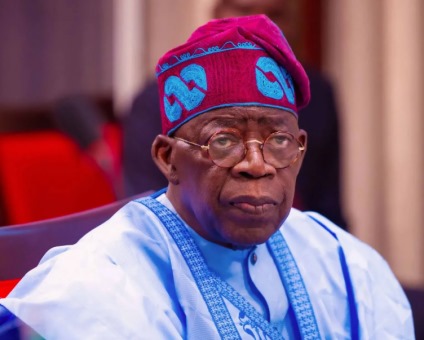
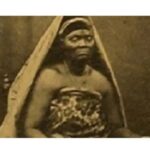
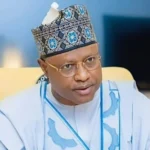
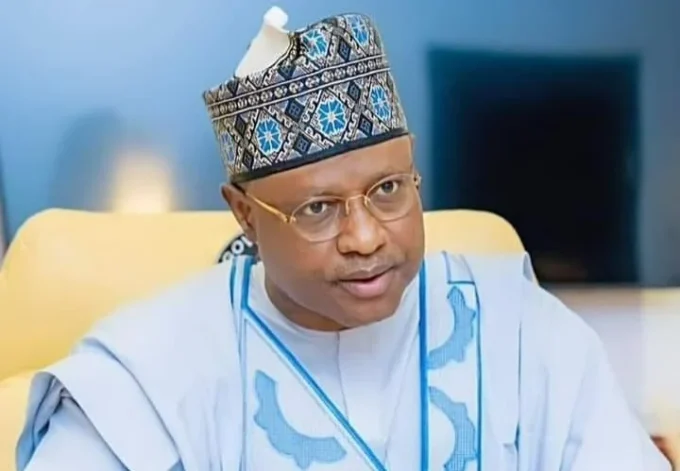
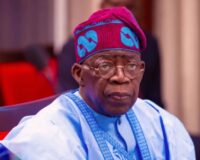
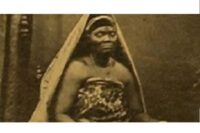

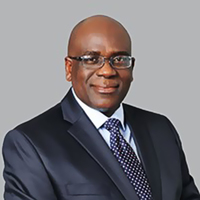
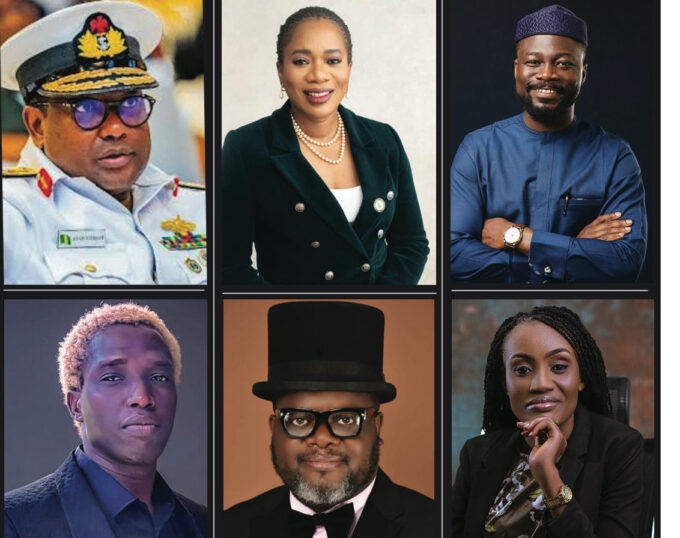
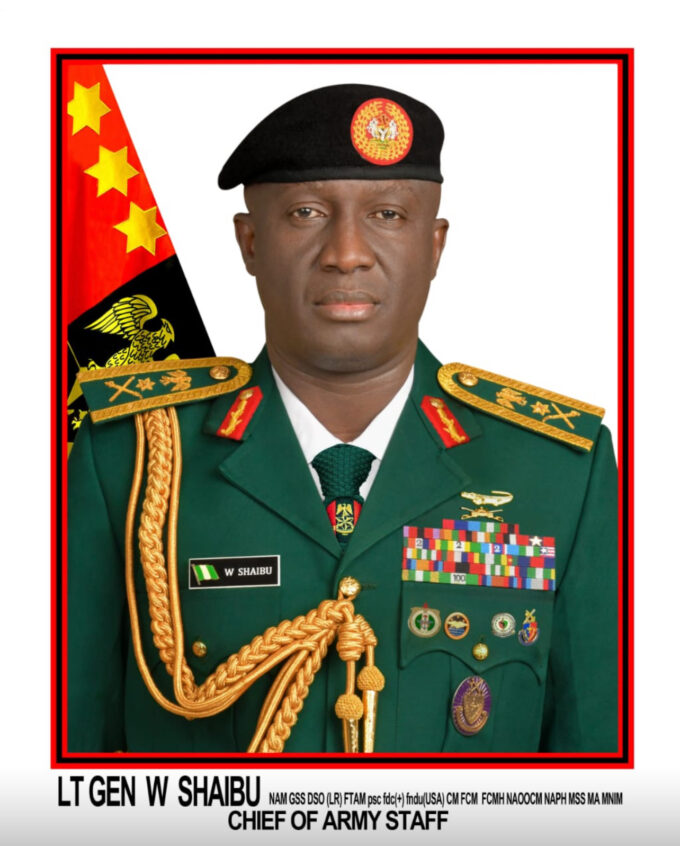





Leave a comment